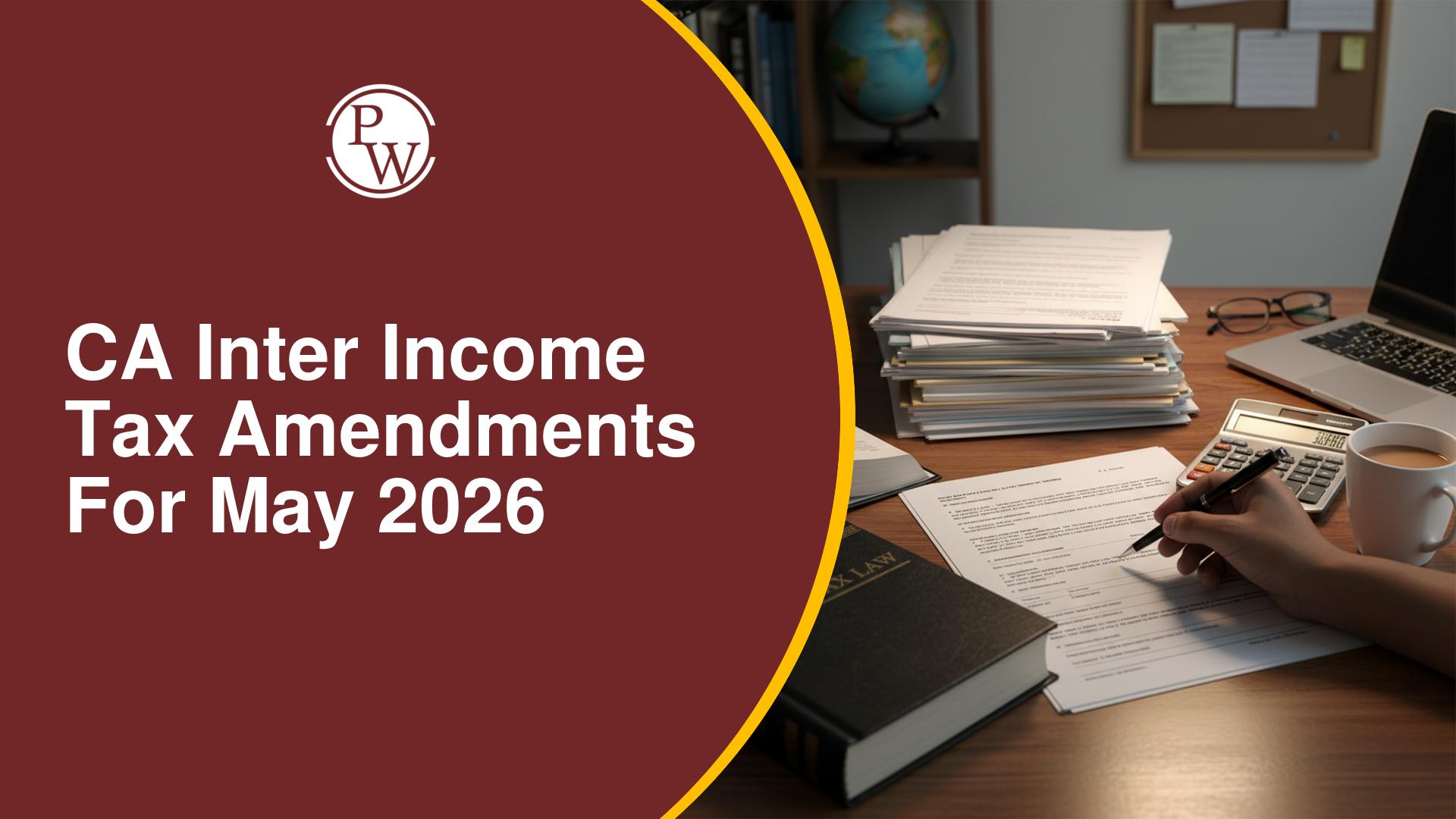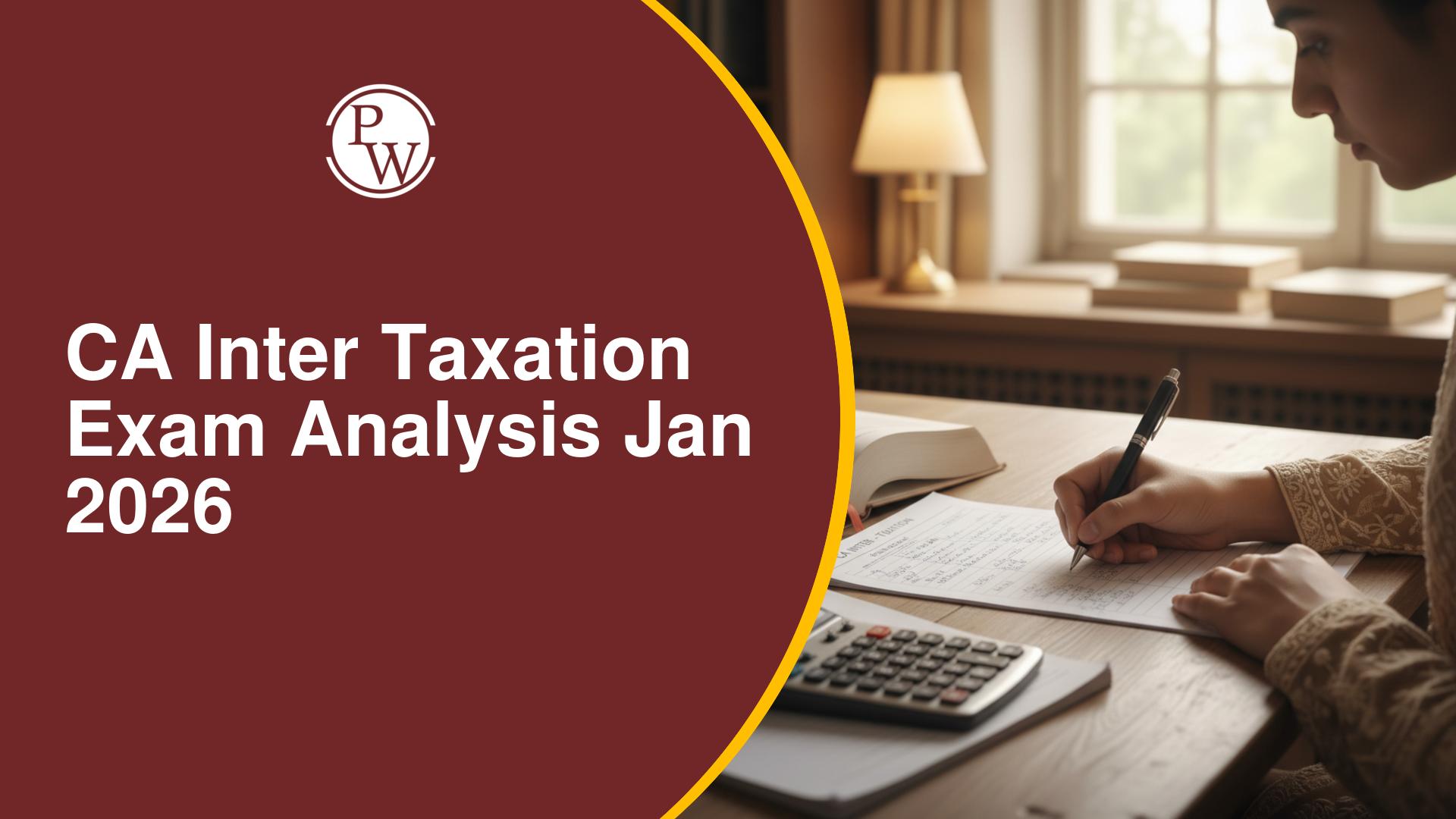
Understanding Tax Treaties and Double Taxation is crucial for aspiring Chartered Accountants (CAs). These concepts are vital not only for exams but also for practical applications in the field of taxation. This article will delve into the intricacies of Tax Treaties and Double Taxation, providing you with a thorough understanding to excel in your CA Exams .
What are Tax Treaties?
Tax treaties, also known as Double Taxation Avoidance Agreements (DTAAs), are agreements between two or more countries designed to avoid the double taxation of income. These treaties allocate taxing rights between countries, ensuring that income is not taxed twice. They cover various types of income, including salaries, business profits, dividends, and royalties. Tax treaties not only prevent double taxation but also provide a framework for resolving tax disputes between countries. They are essential for promoting international trade and investment by providing a clear tax environment. Understanding the nuances of these treaties is critical for CA students, as it forms the basis for international tax planning and compliance.What Is Double Taxation?
Double taxation occurs when the same income is taxed by two different jurisdictions. This can happen when an individual or business operates in multiple countries, leading to overlapping tax claims. For example, if a company earns profits in one country and repatriates them to its home country, both countries might impose taxes on the same profits. 4 This double taxation can create significant financial burdens and discourage cross-border economic activities. For CA students, understanding the mechanisms and implications of double taxation is vital, as it forms the crux of many international tax issues. It is also important to be aware of the methods used to eliminate double taxation, such as tax credits, exemptions, and tax treaties.How Tax Treaties Prevent Double Taxation?
Tax treaties play a crucial role in mitigating the adverse effects of double taxation. They achieve this through several mechanisms:Residence and Source Rules
Tax treaties define which country has the right to tax specific types of income, based on the concepts of residency and source. Generally, the country where the income is sourced has primary taxing rights, while the resident country provides relief.Tax Credits and Exemptions
To avoid double taxation, tax treaties often provide for tax credits or exemptions. A tax credit allows taxpayers to deduct taxes paid in a foreign country from their domestic tax liability. Exemptions, on the other hand, exclude certain types of income from being taxed by the resident country.Permanent Establishment (PE) Rules
Tax treaties establish guidelines for what constitutes a permanent establishment, or a taxable presence, in a foreign country. This helps prevent situations where businesses are taxed in both countries simply for having a minimal presence in the other country.Non-Discrimination Clauses
These clauses ensure that nationals or residents of one country are not subjected to discriminatory taxation in the other country. This fosters fair and equitable treatment, encouraging international economic activities.Also Check: Taxation of E-Commerce
Provisions in Tax Treaties
Tax treaties contain several standard provisions aimed at preventing double taxation and fostering international economic cooperation:- Article on Business Profits: This provision stipulates that business profits will only be taxed in the country where the business has a permanent establishment.
- Article on Dividends, Interest, and Royalties: These provisions determine which country has the right to tax income from dividends, interest, and royalties, often reducing or eliminating taxes on these types of income.
- Article on Capital Gains: This provision defines the taxing rights on capital gains, typically granting primary taxing rights to the country where the asset is located.
- Mutual Agreement Procedure (MAP): This article provides a mechanism for resolving disputes that arise from the application of tax treaties, ensuring that taxpayers do not face double taxation due to conflicting interpretations of the treaty.
| Also Check | |
| Fraud Detection and Prevention | Environmental Audit |
| Audit of Non-Profit Organizations | Forensic Audit |
| Governmental Accounting | Compliance Audit |
Tax Treaties and Double Taxation FAQs
What is a tax treaty?
A tax treaty is an agreement between two or more countries to prevent double taxation and promote international trade by defining the taxing rights of each country.
How does double taxation occur?
Double taxation occurs when the same income is taxed by two different jurisdictions, typically due to overlapping tax claims by countries where income is earned and where the taxpayer resides.
What is the main purpose of tax treaties?
The main purpose of tax treaties is to avoid double taxation, resolve tax disputes, and provide a clear tax environment for international business activities.
How do tax credits work under tax treaties?
Tax credits allow taxpayers to deduct taxes paid in a foreign country from their domestic tax liability, thereby preventing double taxation.
What is a permanent establishment according to tax treaties?
A permanent establishment is a fixed place of business in a foreign country that generates taxable income, as defined by tax treaties to prevent double taxation.
Talk to a counsellorHave doubts? Our support team will be happy to assist you!

Check out these Related Articles
Free Learning Resources
PW Books
Notes (Class 10-12)
PW Study Materials
Notes (Class 6-9)
Ncert Solutions
Govt Exams
Class 6th to 12th Online Courses
Govt Job Exams Courses
UPSC Coaching
Defence Exam Coaching
Gate Exam Coaching
Other Exams
Know about Physics Wallah
Physics Wallah is an Indian edtech platform that provides accessible & comprehensive learning experiences to students from Class 6th to postgraduate level. We also provide extensive NCERT solutions, sample paper, NEET, JEE Mains, BITSAT previous year papers & more such resources to students. Physics Wallah also caters to over 3.5 million registered students and over 78 lakh+ Youtube subscribers with 4.8 rating on its app.
We Stand Out because
We provide students with intensive courses with India’s qualified & experienced faculties & mentors. PW strives to make the learning experience comprehensive and accessible for students of all sections of society. We believe in empowering every single student who couldn't dream of a good career in engineering and medical field earlier.
Our Key Focus Areas
Physics Wallah's main focus is to make the learning experience as economical as possible for all students. With our affordable courses like Lakshya, Udaan and Arjuna and many others, we have been able to provide a platform for lakhs of aspirants. From providing Chemistry, Maths, Physics formula to giving e-books of eminent authors like RD Sharma, RS Aggarwal and Lakhmir Singh, PW focuses on every single student's need for preparation.
What Makes Us Different
Physics Wallah strives to develop a comprehensive pedagogical structure for students, where they get a state-of-the-art learning experience with study material and resources. Apart from catering students preparing for JEE Mains and NEET, PW also provides study material for each state board like Uttar Pradesh, Bihar, and others
Copyright © 2026 Physicswallah Limited All rights reserved.









